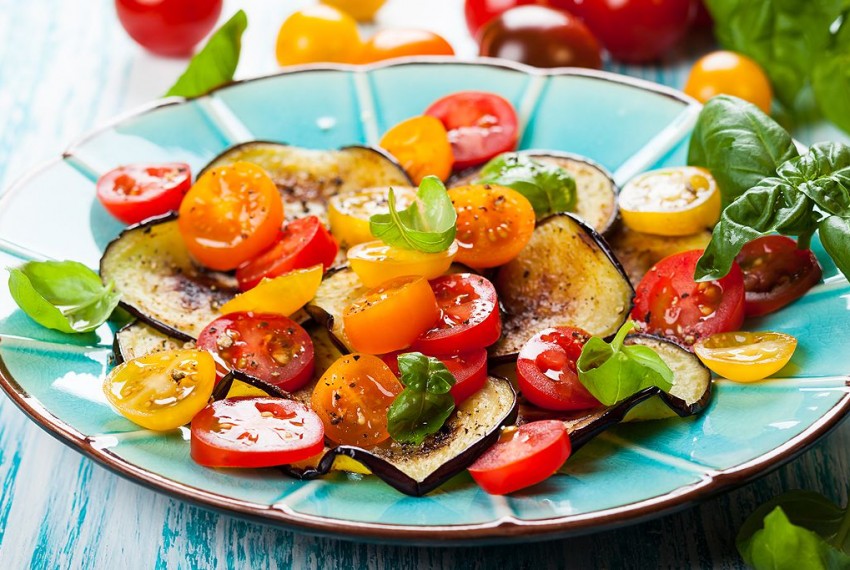Around the world more people are choosing to adopt a vegetarian diet. The issue of consuming animal products is a huge topic filled with moral, ethical, health and environmental arguments that are very important to consider. Thirty-two percent of people who choose not eat animal products do so because of their health. It is true that eating less meat may help us live longer, but many vegetarians do not know how to modify their diet to include sufficient amounts of protein, omega-3 fat, iron and zinc for optimal health.
Don’t become a ‘Carbotarian’!
Many vegetarians eat a high carbohydrate diet simply because they remove animal protein out of their diet without a proper vegetarian substitution. Everyone needs protein to create enzymes, manage cravings and build lean muscle. Ensure you get a complete complement of amino acids (the building blocks of protein) by enjoying a mix of seeds, nuts, legumes and whole non-glutinous grains every day. Broccoli and mushrooms have good amounts of protein, and hemp seeds and spirulina are superstar protein sources.
An unbalanced diet that skimps on iron leaves you lethargic. Iron is critical for energy production, blood formation, and optimal immunity. The recommended iron intake for vegetarians is nearly twice that of meat eaters, as plant iron is absorbed less efficiently than heme iron. Great vegetarian sources of iron include lentils, spinach, quinoa, tempeh, lima beans, Swiss chard and blackstrap molasses.
Strict vegetarians who avoid seafood can find themselves low in omega-3 fatty acids, a critical nutrient for immune health. Overeating cooking oils, beans and nuts (high in omega-6 fat) can create an imbalance in the body. Eat flax, chia and hemp seeds, walnuts, algae and seaweed to boost your omega-3s.
Pay attention to your zinc intake, which is critical for balanced hormones and immunity. Whole grains and fibre contain phytates that interfere with zinc absorption. Vegetarians may need more than the 15 mg daily recommended dosage. Great plant sources of zinc include legumes, sea vegetables, Swiss chard, wheat germ, fortified cereals, nuts, peas, and seeds.
Vegans (no dairy and eggs) may experience low B12 and calcium levels. Vitamin B12 is only found naturally in meat, milk products, and eggs, so vegans should consider taking a B12 supplement. Spirulina, sea vegetables, and nutritional yeast do not contain adequate amounts of B12 to prevent deficiency symptoms.
Hungry for more? Read all our Health and Wellness tips!
